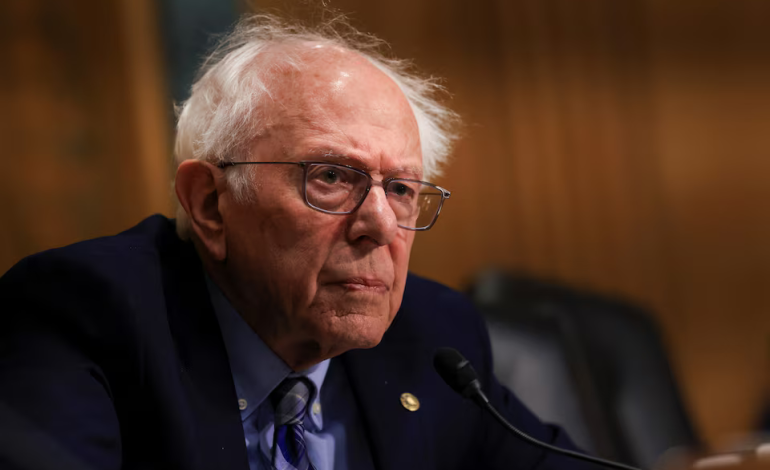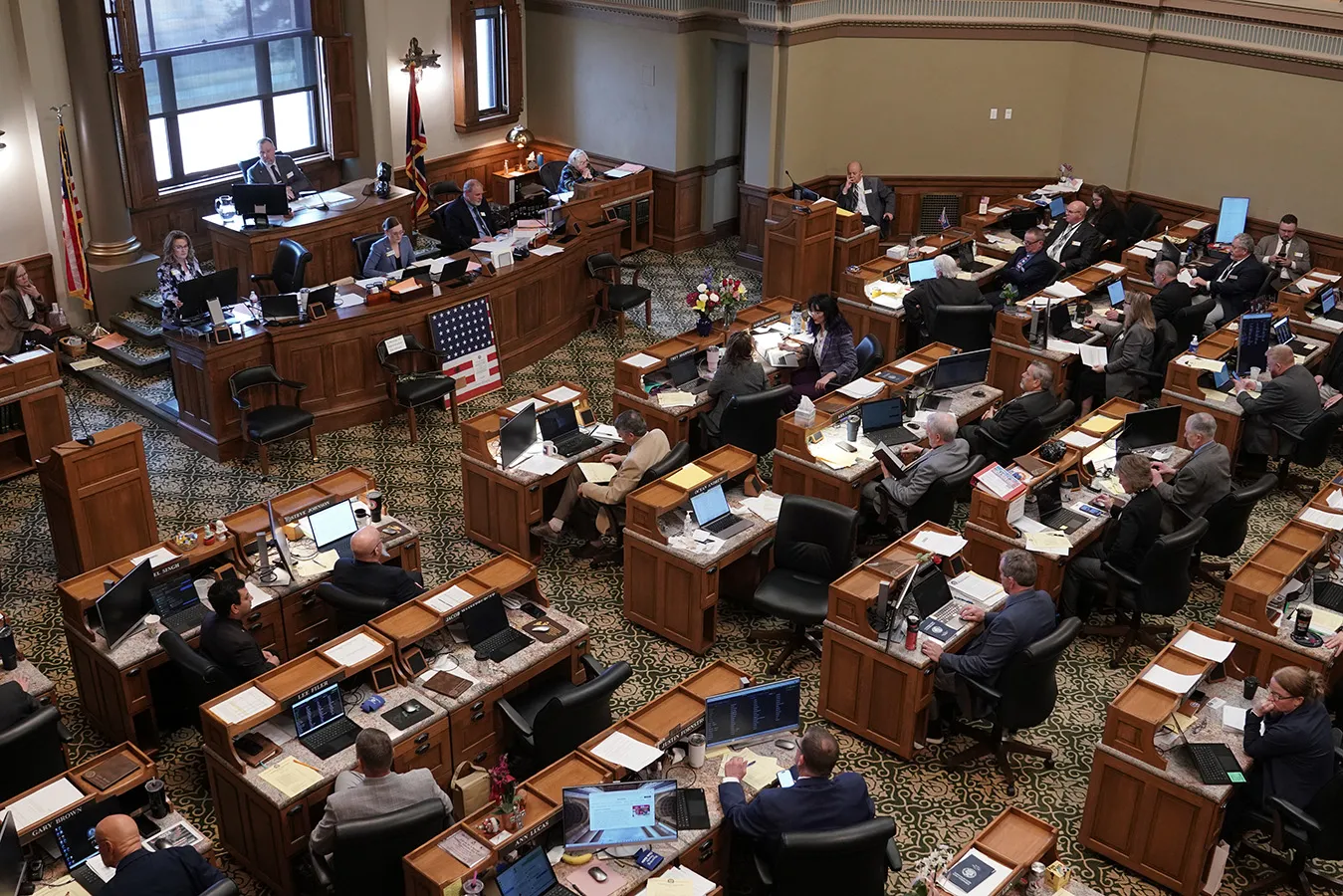Bernie Sanders Backs Trump’s Push for US to Snag a Stake in Intel

In a twist that surprised plenty of Washington watchers, Senator Bernie Sanders is siding with President Trump on a controversial idea: the US government should take an ownership stake in Intel and other chipmakers that are cashing in on billions in federal subsidies.
“If microchip companies make a profit from the generous grants they receive from the federal government, the taxpayers of America have a right to a reasonable return on that investment,” Sanders said Wednesday in a statement to Reuters.
At the heart of this is the CHIPS and Science Act, passed in 2022 under President Biden, which promised $39 billion in subsidies to lure semiconductor production back to US soil and away from Asia. Intel alone was awarded a staggering $10.9 billion.
But Trump isn’t satisfied with just handing out taxpayer money. Commerce Secretary Howard Lutnick confirmed this week that the administration is exploring a deal where Washington would take equity stakes — potentially around 10% in Intel — in exchange for those subsidies. That could instantly make Uncle Sam one of the company’s biggest shareholders.
Wall Street wasn’t exactly cheering. Intel shares tumbled 7% Wednesday, dragging other big names with it: Nvidia, Palantir, Micron, and even Apple and Microsoft all dipped. The Nasdaq dropped nearly 300 points by midday.
The selloff reflects investor worries that government involvement could mean dilution for shareholders and messy oversight. Intel, already struggling with falling profits and missing out on the AI chip boom, has been scrambling for cash — including a fresh $2 billion lifeline from Japan’s SoftBank.
It’s unusual to see Sanders — an independent who caucuses with Democrats — throw his support behind Trump’s play. But the Vermont senator has long argued that taxpayer-funded bailouts and subsidies should come with strings attached. Back in the 2008 financial crisis, he pushed for equity stakes in banks and automakers.
The US has done this before: Washington ended up with chunks of GM, Chrysler, and AIG during the 2008 crash, and even earlier in defense industries during WWII. But it’s not standard practice — and economists remain split. Some say taxpayers deserve upside if public money fuels corporate profits; others warn that the government could take big losses if companies tank.
Intel is trying to reinvent itself under new CEO Lip-Bu Tan, but the turnaround has been slow. Trump himself even called for Tan to resign earlier this summer, accusing him of conflicts of interest, before softening his tone after a White House sit-down.
Now, the company faces the prospect of its biggest new investor being the US government. For Sanders, that’s exactly the point: if Intel thrives, ordinary Americans — not just private shareholders — should share in the gains.









The latest news in your social feeds
Subscribe to our social media platforms to stay tuned